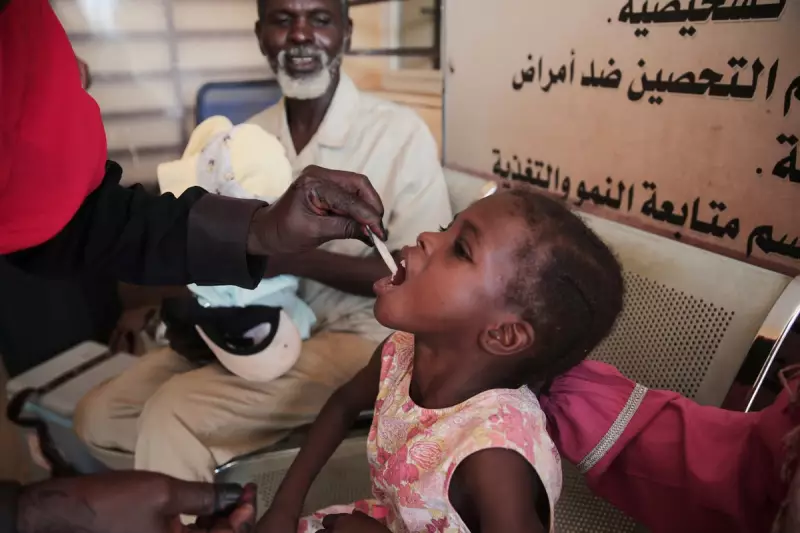
The World Health Organization has sounded a chilling alarm from Geneva, warning that the already fragile health system in Sudan's war-ravaged Darfur region is teetering on the edge of complete collapse. Dr. Shible Sahbani, the WHO's representative in Sudan, delivered the grim assessment following a recent visit to the area, describing conditions as increasingly desperate.
A Perfect Storm of Violence and Disease
"We are witnessing a catastrophic convergence of escalating violence and collapsing health services," Dr. Sahbani reported. The situation has deteriorated so severely that children are now dying from preventable diseases like measles and whooping cough in alarming numbers. With vaccination programmes completely disrupted and most hospitals no longer functional, basic healthcare has become a distant memory for millions.
Medical Infrastructure in Ruins
The statistics paint a devastating picture: approximately 70% of health facilities across Sudan are now out of service. In Darfur, the epicentre of the crisis, the situation is even more dire. Those hospitals that remain operational face crippling shortages of medical supplies, equipment, and qualified staff.
Dr. Sahbani emphasised the urgency, stating, "The health system is crumbling before our eyes. We're seeing outbreaks of diseases that should be entirely preventable in the 21st century."
Humanitarian Access Blocked
Compounding the health crisis is the extreme difficulty in delivering aid. Intense fighting between the Sudanese army and the paramilitary Rapid Support Forces has made large parts of Darfur inaccessible to humanitarian organisations. The WHO and other agencies are struggling to reach those most in need with essential medicines and supplies.
An Urgent Call to Action
The WHO is calling for immediate international intervention to prevent a full-scale humanitarian catastrophe. "We need safe corridors to deliver aid and we need them now," Dr. Sahbani stressed. "Every day of delay means more unnecessary deaths, particularly among the most vulnerable children and elderly."
As the conflict enters its second year with no end in sight, the people of Darfur face what aid agencies are describing as one of the world's worst humanitarian crises, with the health emergency representing its most immediate and deadly dimension.





